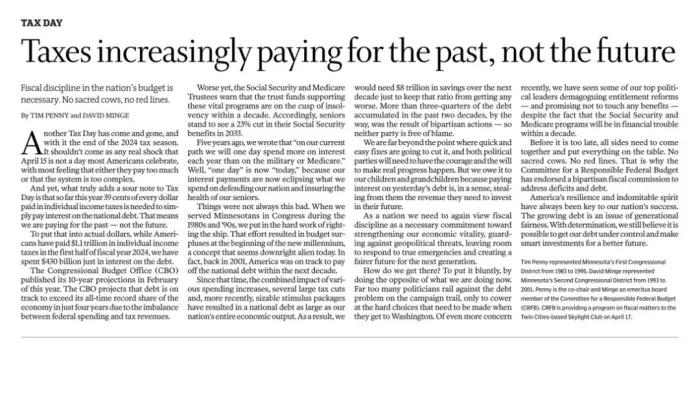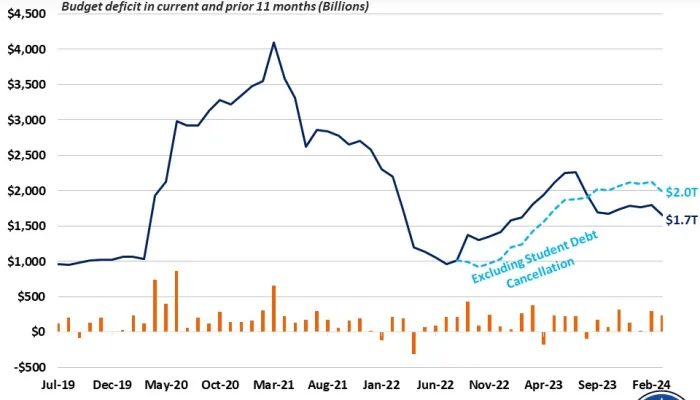War Spending in the Omnibus Bill
Among the many things we noted yesterday on the blog about the omnibus appropriations bill was the similarity between war spending in the bill and in the past fiscal year. Spending for overseas contingency operations declined by only $1 billion -- from $93 billion to $92 billion -- between 2013 and 2014, and spending was more than $20 billion higher than what CBO assumes in its drawdown scenario. Since OCO spending is not subject to spending caps the way that base defense spending is, this relatively elevated amount of war spending could be seen as a way to back-fill accounts in the base budget.
For the portion of OCO that specifically goes to the Pentagon, the omnibus bill provides about $6 billion more than the Pentagon requested in its FY 2014 budget. Interestingly, this plus-up above the request for OCO spending occurs while the base Department of Defense spending amount is about $30 billion below the Pentagon's request (and about equal to the 2013 post-sequester level). The plus-up in OCO funding was primarily due (subscription required) to a $5.6 billion increase above the request for operations and maintenance (O&M) accounts. At the same time, the omnibus bill cut funding for operations and maintenance in the base defense budget by more than $15 billion (nearly 9 percent), accounting for approximately half of the reductions below the President's request despite representing approximately one-third of base defense spending. It is possible that some of this increase in OCO funding was used to backfill the O&M cuts in the base budget.
Maintaining last year's funding level for 2014 may be justified since troops in Afghanistan are not scheduled to be withdrawn until the end of the year. But there is concern that OCO funding provides an avenue to circumvent the caps on discretionary spending, which is why we have called for establishing a cap on OCO. The cap would not only prevent OCO from being used as a "slush fund" for base defense spending, it would also encourage more careful spending on the war.


